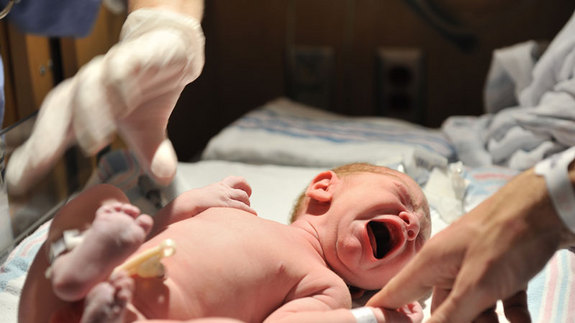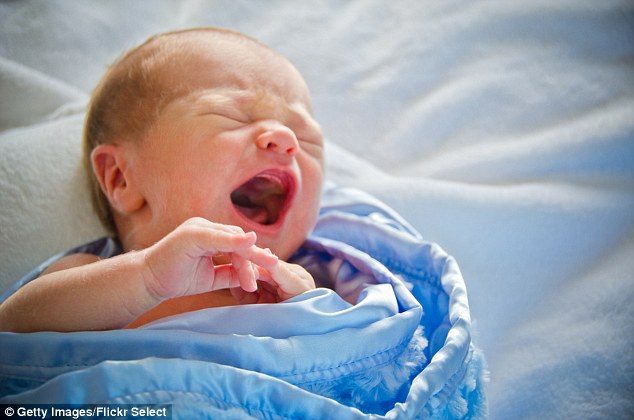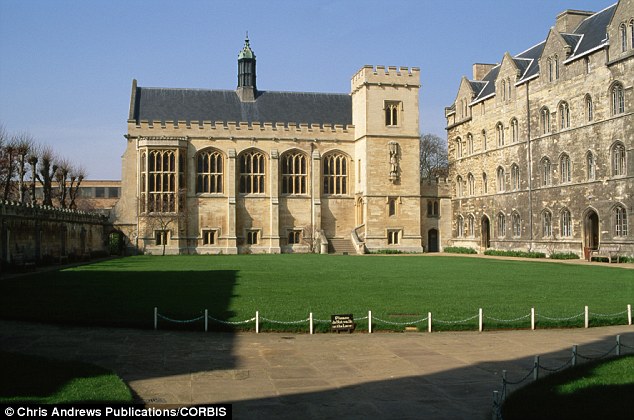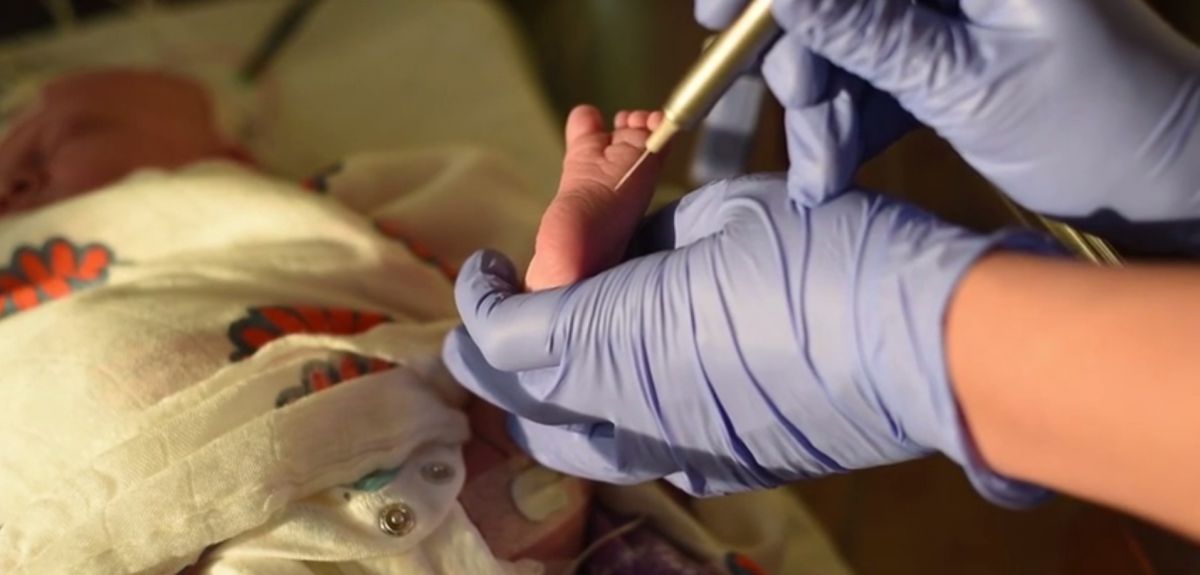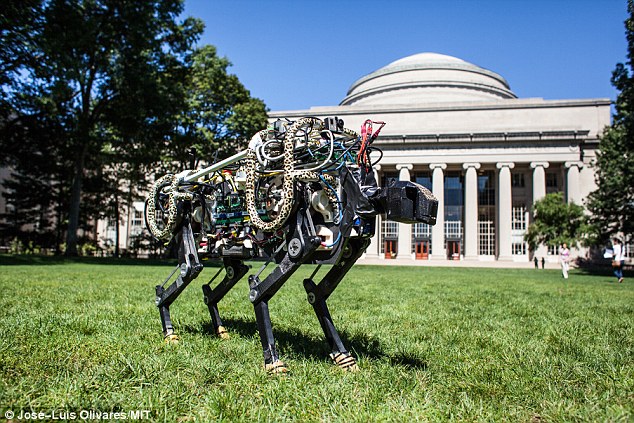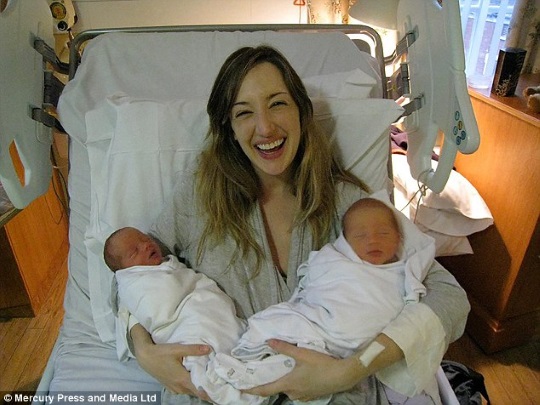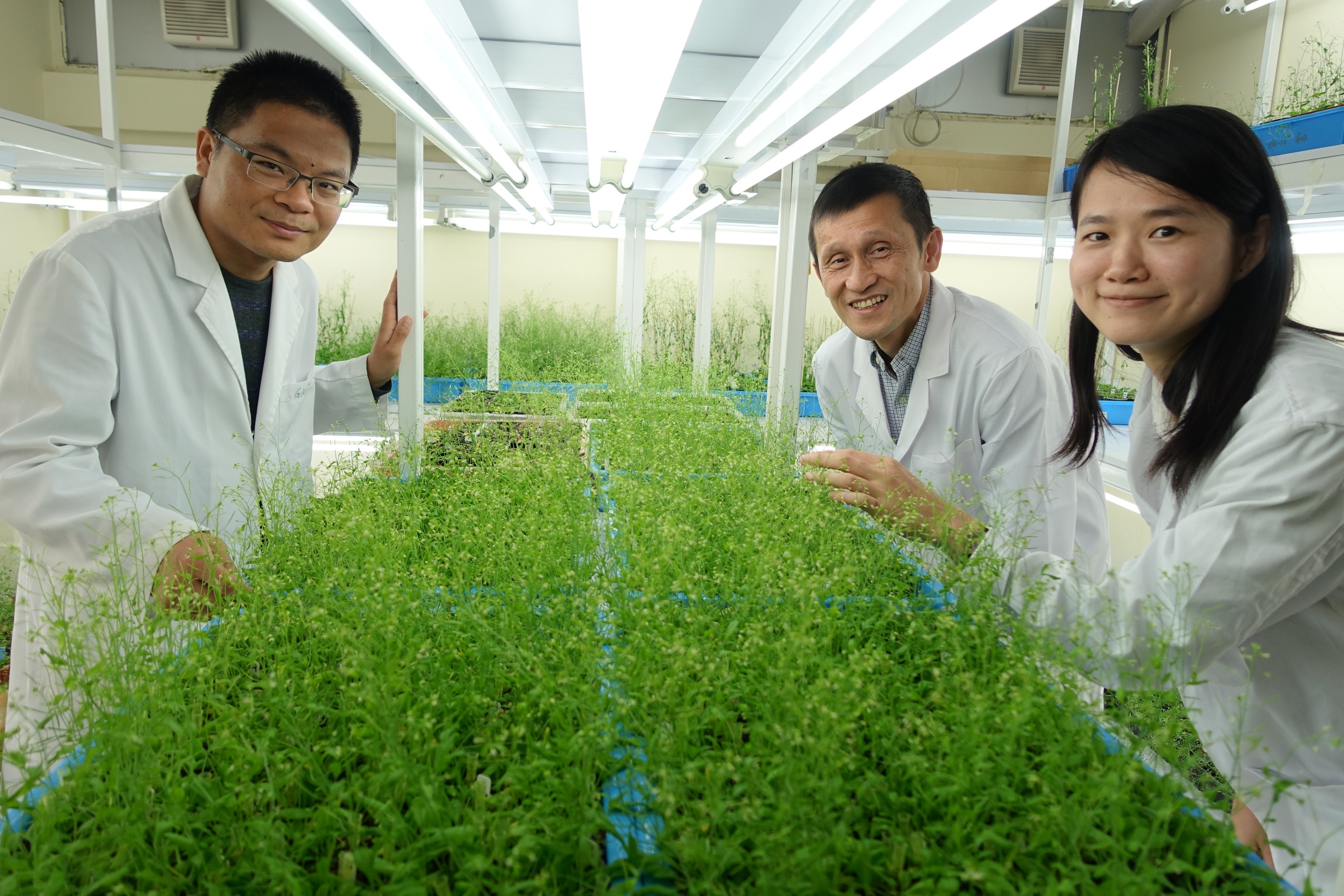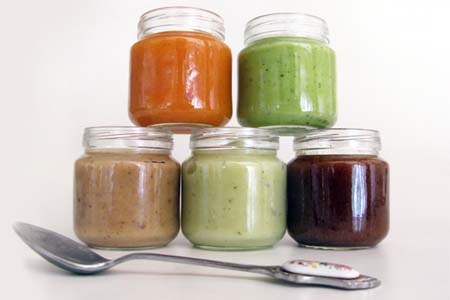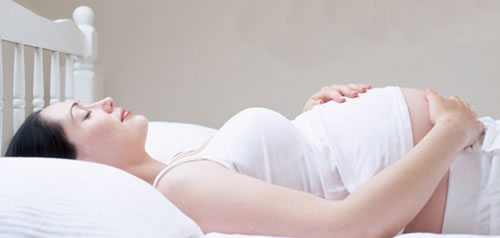Very Young Babies CAN Feel Pain
Tiny babies are more sensitive to pain than adults, according to a study of infants’ brains which overturns the medical consensus. Until now doctors have assumed that the brains of very young babies are not developed enough to feel pain.
It means that newborns often go without painkillers, even during invasive procedures. But the new findings, revealed by Oxford University doctors, suggest that not only do babies feel pain, but their pain thresholds are even lower than those of adults. In the first study of its kind, the researchers showed in brain scans that infants’ brains react in much the same way as adults when given even mild pain. Dr Rebeccah Slater, of Oxford’s department of Paediatrics, said: ‘Obviously babies can’t tell us about their experience of pain and it is difficult to infer pain from visual observations.
‘In fact some people have argued that babies’ brains are not developed enough for them to really “feel” pain, any reaction being just a reflex – our study provides the first really strong evidence that this is not the case.’ The results, published in the journal eLife, suggest that it is possible to see pain ‘happening’ inside the infant brain - and it looks a lot like pain in adults. Up until the 1980s it was common practice for babies to go without pain relief during surgery - they were given neuromuscular blocks to stop them moving, but otherwise were given no pain medication. A landmark study in 1987 suggested for the first time that doctors may have been wrong in their assumptions, and anaesthetics were introduced for major operations. But injections are still given and intravenous drips still inserted without pain relief, and far more serious procedures carried out anything to take away the child’s pain. Even this year, NHS guidelines are still being written that advise doctors to carry out seemingly painful procedures without anything more than ‘a cuddle’. Guidelines for a procedure to treat tongue-tie - a common problem in which the bottom of an infant’s tongue is attached to the mouth - still suggest that no pain relief is needed.
The NHS guidelines, updated in January 2015, advise that when the tongue is sliced from the mouth’s floor, infants do not need medication. Older babies who have already teethed should be given a general anaesthetic, doctors are told. But the guidelines say: ‘In small babies, being cuddled and fed is more important than painkillers.’ Dr Slater called for a review of the way tiny babies are treated. ‘Thousands of babies across the UK undergo painful procedures every day but there are often no local pain management guidelines to help clinicians,’ she said. ‘Our study suggests that not only do babies experience pain but they may be more sensitive to it than adults. ‘We have to think that if we would provide pain relief for an older child undergoing a procedure then we should look at giving pain relief to an infant undergoing a similar procedure.’ Her team scanned the brains of ten healthy infants aged between one and six days old, and compared them to the brains of ten adults aged 23 to 36 years. MRI scans were taken of the babies’ brains as they were poked on the bottom of their feet with a special retracting rod creating a sensation like being poked with a pencil – mild enough that it did not wake them up. The researchers found that 18 of the 20 pain regions in adults’ brains also ‘lit up’ in babies’ brains. Scans also showed that babies’ brains had the same response to a weak poke as adults did to a stimulus four times as strong - suggesting their pain thresholds are lower.
Dr Slater said it is not clear which types of painkiller would be best used for babies. There are fears that local anaesthetics can be easily absorbed into the blood stream, with unknown consequences. ‘Finding the optimum pain relief for babies is clearly required,’ she said. Written By Ben Spencer Retrieved From: http://www.dailymail.co.uk/sciencetech/article-3047901/Babies-feel-pain-lower-threshold-adults.html
|
|





